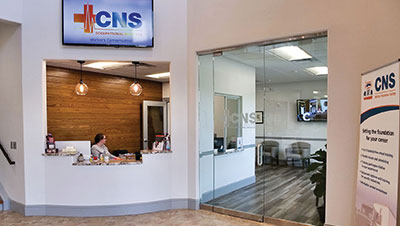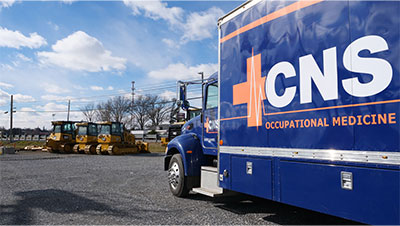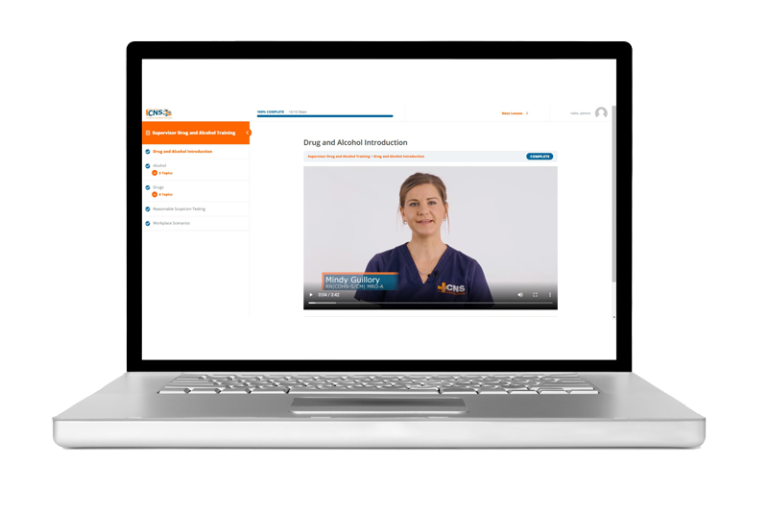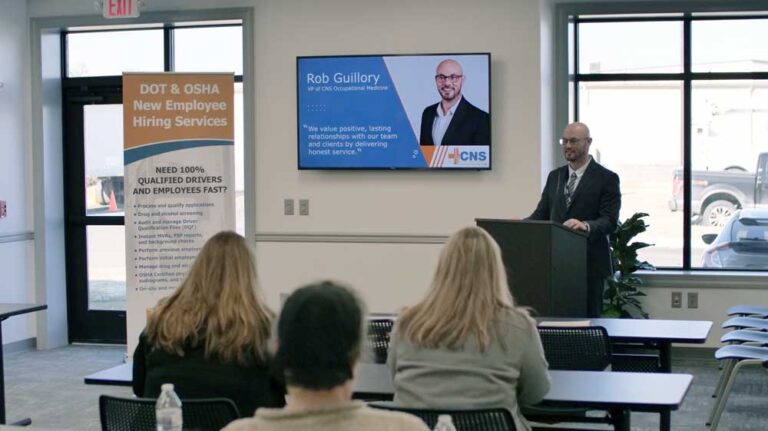Yesterday, the Supreme Court blocked OSHA’s large employer vaccine or testing rule that took affect Jan. 4th.
OSHA said that it had the authority to act under an emergency temporary standard meant to protect employees if they are exposed to a “grave danger.”
However, it was argued that OSHA’s emergency power is better suited for “targeted” mandates, such as high-risk workplaces, versus a broad general workplace rule.
“Although Congress has indisputably given OSHA the power to regulate occupational dangers, it has not given that agency the power to regulate public health more broadly. Requiring the vaccination of 84 million Americans, selected simply because they work for employers with more than 100 employees, certainly falls in the latter category,” the unsigned opinion in the businesses case says.
A second rule issued by the Centers for Medicare & Medicaid Services requires some 17 million health care workers to be vaccinated, but with no option for weekly testing as there is a higher bar for health care workers given their critical role in ensuring the health and safety of their patients.
The rule covers all employees, clinical and non-clinical, at about 76,000 health care facilities that receive federal funding from Medicare or Medicaid.
This much more targeted “high risk” workplace vaccine mandate has been allowed to go into effect nationwide.
What’s next for large employers or future OSHA mandates?
Many larger employers will still want to continue with their plans to keep employees tested in order to help the supply chain from experiencing further delays and to prevent future super spreader events.
In addition to this, expect OSHA to target other specific high-risk industries.
Part of the Supreme Court decision states, “where the virus poses a special danger because of the particular features of an employee’s job or workplace, targeted regulations are plainly permissible… So too could OSHA regulate risks associated with working in particularly crowded or cramped enviornments.”
For example, home health agencies, nursing homes, and other healthcare related fields that fall under the large employer mandate will likely be targeting in a new targeted vaccine mandate, among other possible industries and workplaces.
It was also passed that healthcare insurers must cover up to 8 at home tests, per person, per month. This is reimbursable at $12 per test.
To ensure employee safety, requiring weekly testing is still an excellent proactive way to mitigate risk for large employers that don’t want to mandate vaccines.
Still looking for COVID testing kits or providers?
When OSHA released the large employer rule, people are testing positive 10 times more than in September and hospital capacity near the worst ever in being full since the pandemic began.
Among the employers who have attempted to do so, only 28% can find adequate providers to ensure weekly COVID testing is available to employees.
CNS Occupational Medicine has COVID PCR tests, rapid antigen and antibody testing available.
We also offer services to contribute to your company’s Return-to-Work Plan, including pre-shift screenings meant to test employees before starting their shifts. Risking the health of your employees and your business is not worth it.
- COVID-19 PCR Tests (99.9% accuracy, 72 hour turnaround)
- COVID-19 Vaccine
- Pre-hire screenings
- Pre-employment DOT Physicals and HAZWOPER Physicals
- Pre-Shift Screenings
- Audiometric testing
- Respiratory/Spirometry Physicals
- Drug and alcohol testing programs
- OSHA compliant services
- Flu Vaccinations
- Antibody Testing
- Rapid Antigen Testing
- and more
Start your customized health plan to meet your business needs and keep your employees healthy and safe.
For more information, contact us at 800.551.9816 or info@cnsoccmed.com.










